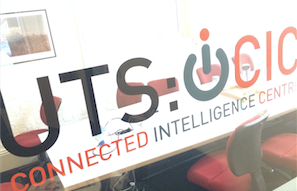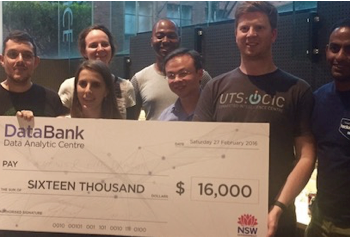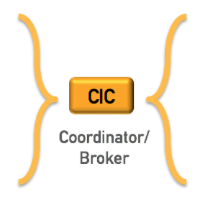
It was a pleasure to spend Tuesday afternoon in Melbourne at the Assessment Research Centre (Director, Sandra Milligan) and Centre for the Study of Higher Education (Director, Gregor Kennedy). There is such a breadth and depth of work in these centres, and I met an extraordinary range of researchers.
They invited me to address the concerns that many educators have around "Learning Analytics" — the application of data science to educational data, so here goes...
Teaching, Assessment and Learning...
Read More
Read More







